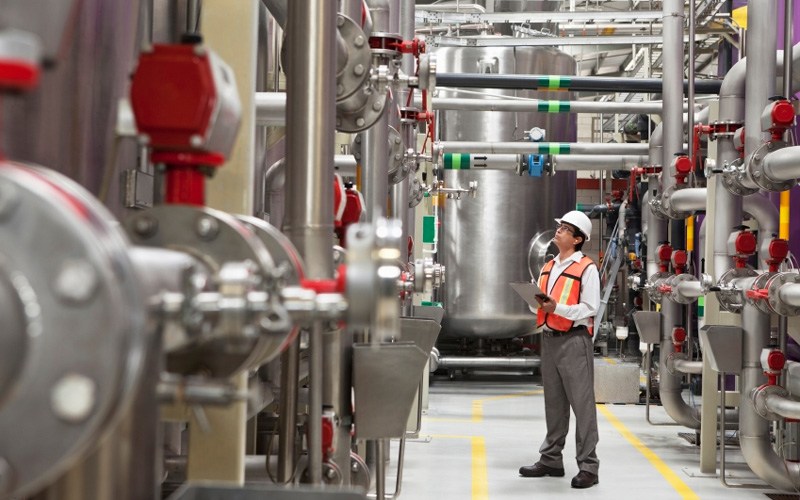Why Maintenance Management is Important for Plant Operations?

The effective maintenance management within chemical plants is a critical feature of plant operation, both in establishing the conditions for safe ongoing operation of the plant after commissioning, and in supporting the commercial success of the business.
While many companies focus on the cost of maintenance, it is important to focus on the benefits that efficient maintenance strategies provide. Ultimately, effective maintenance management contributes to a plants’ success – in terms of its ability to generate sustained improvements with time in the total (fixed and variable) cost per unit volume of production.
The objectives of having a good plant maintenance strategy are:
- The objective of plant maintenance is to achieve minimum breakdown and to keep the plant in good working condition at the lowest possible cost.
- Machines and other facilities should be kept in such a condition which permits them to be used at their optimum (profit making) capacity without any interruption or hindrance.
- Maintenance division of the factory ensures the availability of the machines, buildings and services required by other sections of the factory for the performance of their functions at optimum return on investment whether this investment be in material, machinery or personnel.
Importance of Plant Maintenance
The importance of plant maintenance varies with the type of plant and its production.
- Equipment breakdown leads to loss of production
- Savings in operational costs
- Affects production management
- Equipment breakdown leads to loss of production
The main consequence of irregular plant maintenance is equipment breaking down. Equipment that has not been recently serviced or inspected is more likely to break, affecting productivity and output levels from the loss of production. In a power plant for example, a broken boiler or material handling system will immediately drop output, which will leave customers angry and looking for answers. It also leads to a huge loss in profits from the disruption.
- Savings in operational costs
A poorly managed or neglected plant will require more expensive and frequent repairs from major wear and tear. With regular maintenance, problems are fixed before they require a major repair. To ensure machines and plants are operating at optimum level, regular maintenance is required to ensure that they are functioning properly. What’s worse is if that major repair turns into a much more expensive replacement because the equipment is faulty beyond repair. Operational costs will also include work shortages, lost manpower hours, higher overhead, and rescheduling of production.
- Affects production management
Plant maintenance plays a prominent role in production management because plant breakdown creates problems such as loss in production time, increase in spoilt materials form sudden stoppage of process damages in-process materials, failure to recover overheads (because of loss in production hours) and the need for overtime and/or subcontracting work.
Having a regular maintenance schedule is important to ensure that every component is inspected and performing at optimal levels as some components are required to be inspected daily; others can be attended to on a less regular basis. Reducing the number of machine breakdowns ultimately minimises losses from halt in production or unplanned plant shutdowns, contributing to plants’ success.
Interested to read other articles? Check out: How Leadership In Process Safety Is The Key to Successful PSM Implementation
Advanced Maintenance Management is a 3-day training course. The key takeaways of this course include improve your company’s approach to planning and scheduling, provide a framework for effective turnaround executive, highlight the unique safety requirements of turnarounds and learning how to foster the “one team” approach to turnarounds. It is designed to be beneficial to all individuals who are involved in the planning, preparation, execution and commissioning of plants during and following a turnaround.
Contact us below to receive the latest training dates for this course:
